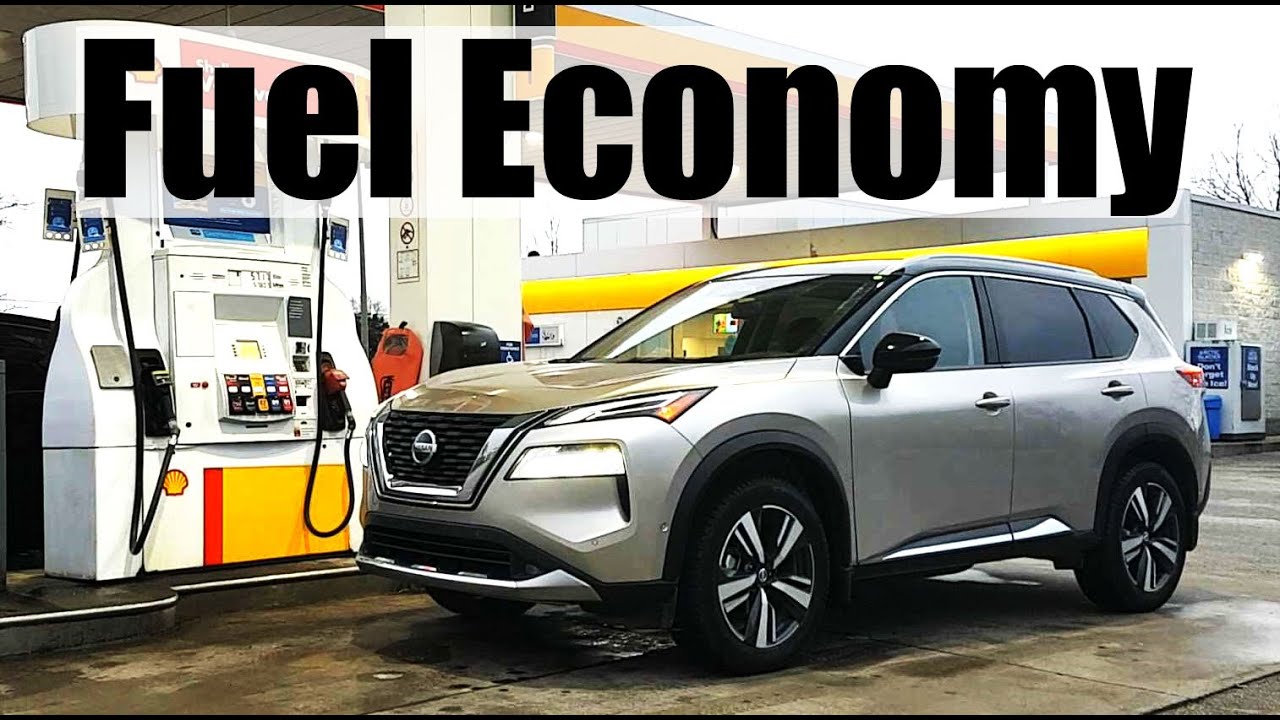What Gas Does A Nissan Rogue Take

So, you're wondering what kind of gas that Nissan Rogue of yours needs? It's a common question, and getting it right is crucial for optimal performance and the long-term health of your engine. Let's dive into the specifics, covering everything from the manufacturer's recommendations to real-world considerations.
Understanding Fuel Requirements: Why It Matters
Choosing the correct fuel grade for your Nissan Rogue isn't just about saving a few cents at the pump. It directly affects several key aspects of your vehicle's operation:
- Engine Performance: Using the wrong octane rating can lead to reduced power, sluggish acceleration, and poor fuel economy.
- Engine Longevity: Knocking or pinging (pre-ignition) caused by improper fuel can damage pistons, connecting rods, and other internal components over time.
- Emissions: Incorrect fuel can negatively impact your vehicle's emissions control system, potentially leading to increased pollution and failing emissions tests.
- Fuel System Health: Some fuels contain additives that can either benefit or harm your fuel injectors and other fuel system components.
Think of it like this: your engine is a finely tuned instrument. Using the right fuel is like providing it with the right sheet music to play at its best. Skimping on the fuel is like forcing it to play with broken strings – eventually, something's going to break.
Key Specifications and Recommendations
For most Nissan Rogue models, particularly those from recent generations (2014 onwards), the manufacturer recommends using regular unleaded gasoline with an octane rating of 87. This is the standard grade available at most gas stations.
Where can you find this information? Check these sources:
- Owner's Manual: This is your primary source. The fuel recommendations are clearly stated in the "Fuel Recommendations" or "Fueling" section.
- Fuel Filler Door: Many vehicles have a sticker on the inside of the fuel filler door indicating the recommended fuel type.
While 87 octane is the recommended grade, some owners might wonder about using premium fuel (91 or higher octane). Let's address that.
Premium Fuel (91+ Octane): Is It Necessary?
Unless your owner's manual specifically states that premium fuel is required, using it in a Nissan Rogue that's designed for 87 octane will likely offer little to no benefit. Modern engines with sophisticated engine control units (ECUs) are designed to optimize performance based on the fuel being used. The Rogue's engine is tuned to run efficiently on 87 octane.
The perceived benefits that some people experience when using premium fuel (such as slightly improved throttle response) are often placebo effects or simply due to the higher detergent levels that are sometimes found in premium gasoline, which can help clean fuel injectors. However, you can achieve the same cleaning effect by using a fuel injector cleaner additive with your regular 87 octane fuel.
Understanding Octane Rating
Let's briefly define what octane rating actually means. It's a measure of a fuel's resistance to detonation, also known as knocking or pinging. Detonation is the uncontrolled combustion of the air/fuel mixture in the engine's cylinders before the spark plug ignites it. This can cause significant engine damage.
Higher octane fuels are less prone to detonation under high compression or high-temperature conditions. However, if your engine isn't designed to take advantage of that higher resistance to detonation, you're essentially paying for a feature you don't need.
Real-World Use and Troubleshooting
Here are some common scenarios and how to address them:
- Knocking or Pinging: If you hear knocking or pinging sounds coming from your engine, especially during acceleration, it could indicate that you're using fuel with too low of an octane rating. In this case, try switching to a higher octane fuel (although this is rare in Rogues unless heavily modified).
- Poor Fuel Economy: While fuel quality can affect fuel economy, significant drops in fuel economy are more likely due to other factors, such as a dirty air filter, worn spark plugs, or a malfunctioning oxygen sensor.
- Rough Idle: A rough idle could be related to fuel quality, but it's more often caused by issues with the ignition system, vacuum leaks, or a dirty throttle body.
Fuel System Safety Considerations
The fuel system is inherently dangerous due to the flammability of gasoline. When working on any part of the fuel system, observe these safety precautions:
- Disconnect the Negative Battery Cable: This prevents accidental sparks that could ignite fuel vapors.
- Work in a Well-Ventilated Area: This helps to dissipate any fuel vapors that may be present.
- Use Appropriate Tools: Use tools that are designed for working with fuel systems to avoid damaging components or creating sparks.
- Avoid Smoking or Open Flames: Never smoke or use open flames near the fuel system.
- Wear Eye Protection: Protect your eyes from fuel splashes.
- Have a Fire Extinguisher Nearby: Be prepared to extinguish any fires that may occur.
The fuel pump, located inside the fuel tank, is a particularly sensitive component. Avoid running the fuel tank extremely low, as this can cause the fuel pump to overheat and fail prematurely. Also, be cautious when disconnecting fuel lines, as they may be under pressure. Wrap a rag around the fitting to catch any fuel that spills.
Conclusion
Sticking to the manufacturer's recommendation of 87 octane regular unleaded gasoline is generally the best practice for your Nissan Rogue. Paying attention to fuel quality, performing regular maintenance, and addressing any engine performance issues promptly will help ensure the longevity and optimal performance of your vehicle.
